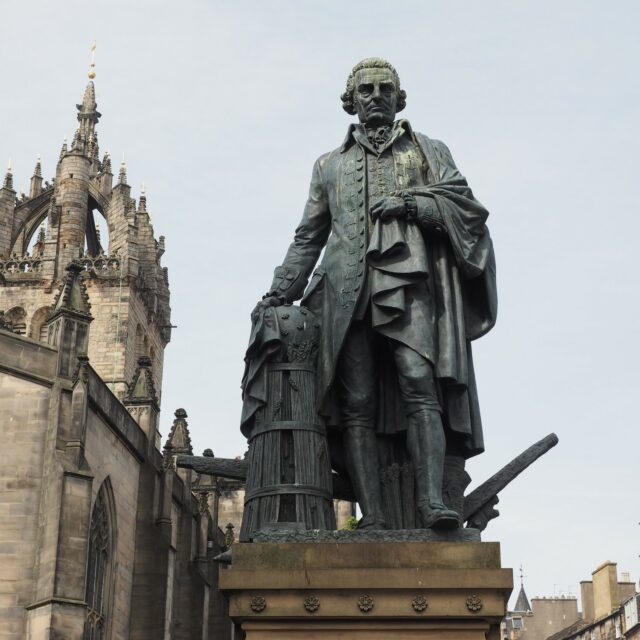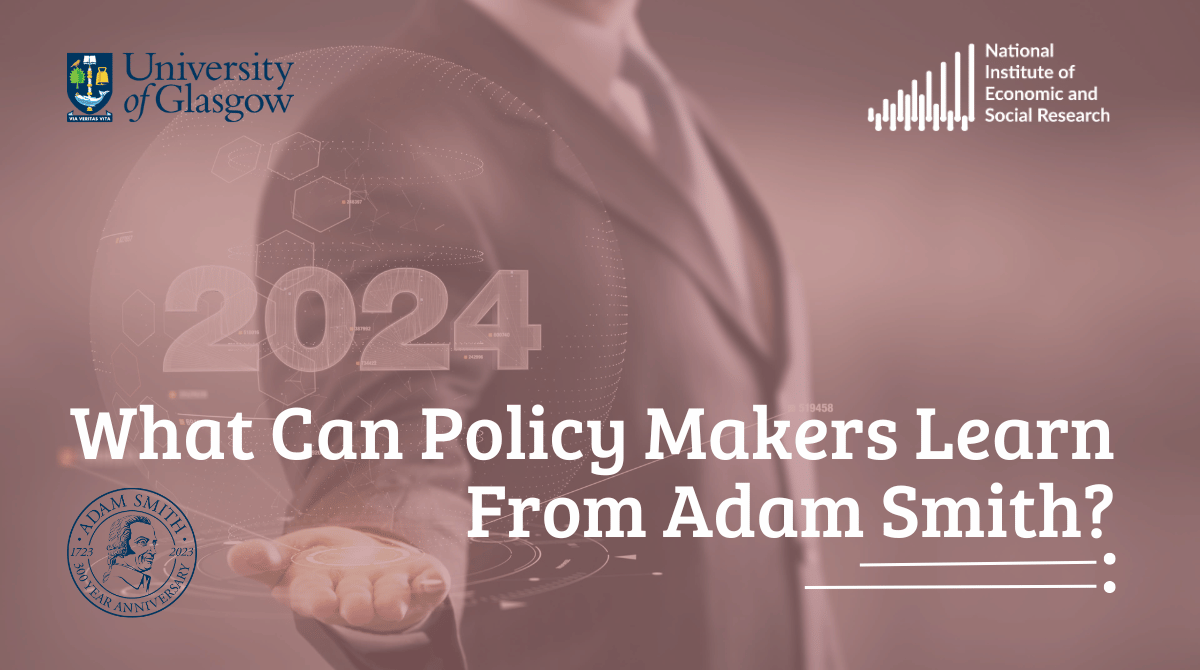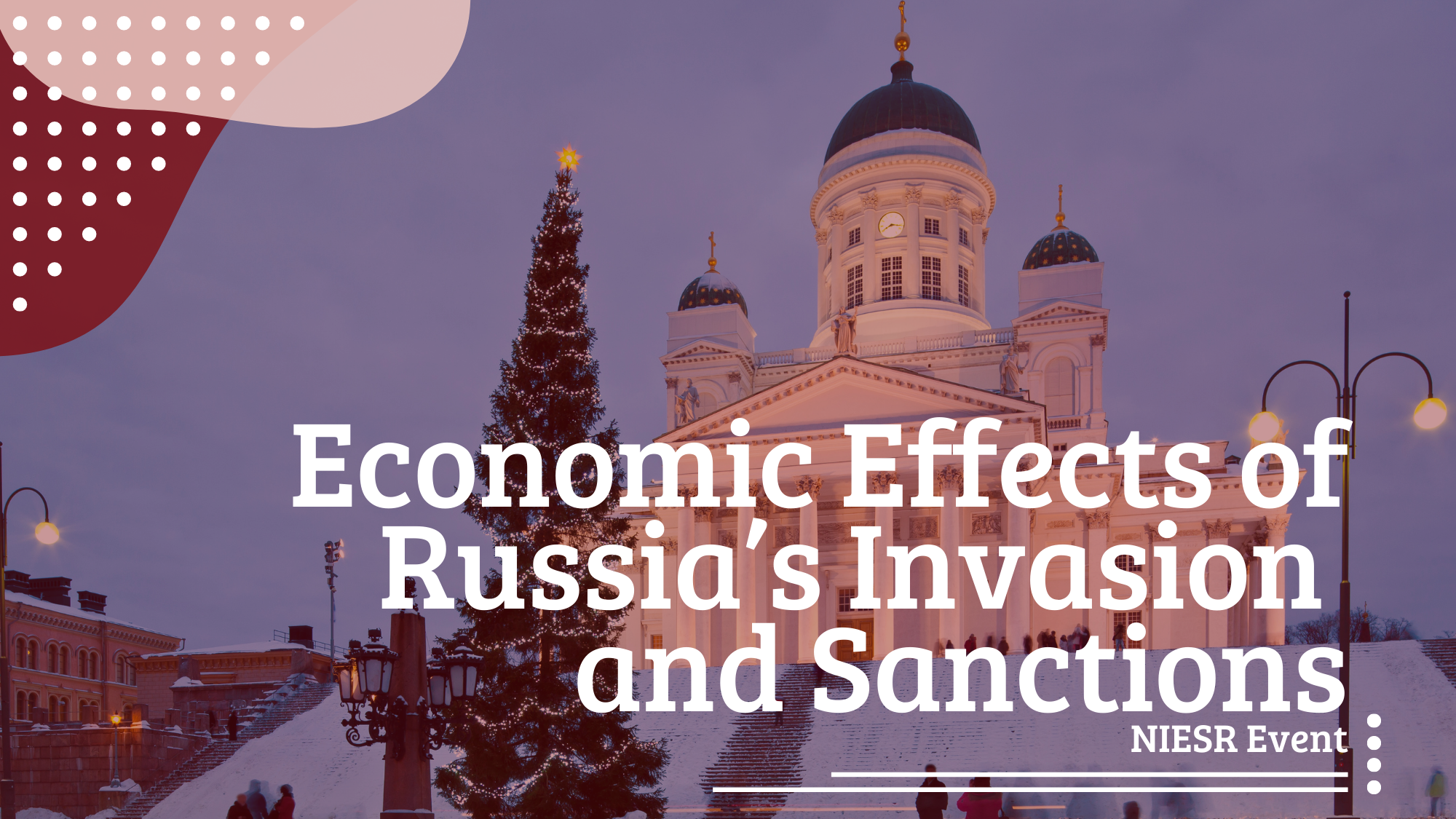Exploring the Role of Religion in Integrating Migrant Communities
Since Brexit the spotlight has been on complex questions of immigration and integration in Britain. Issues of identity and belonging are at the fore of public discussions and policymaking. One growing community in the UK is African Pentecostal Christians who come from many different ethnic groups and nations across Africa.

Speaking to Professor Adrian Pabst about her new book entitled African Pentecostalism in Britain: Migration, Inclusion, and the Prosperity Gospel, Dr Katharine Stockland, a Senior Social Researcher at NIESR, explores some of the key themes of this work which was recently published by Routledge. This research monograph seeks to improve the public understanding of the factors driving integration and the role of religion in migrant communities. In addition, it highlights the importance of primary, qualitative research for analysing the social forces that affect contemporary society
What is the focus of your book and what did the research involve?
The book looks at the social and religious experiences of African Pentecostal Christians in the UK. Pentecostalism is a form of born-again Christianity that is widely considered to have been the fastest spreading religious movement of the last century, with now approximately 600 million adherents worldwide. In Africa and among Africans living in Europe, one variant of Pentecostalism has proven particular popular – the so-called ‘prosperity gospel’. Also known as the ‘health and wealth’ gospel, this movement promises material good fortune and good health to the faithful. My book looks at how the social networks and religious practices of African prosperity Christians have shaped their experiences of migration and settlement in the UK.
The research for the book was based on over 15 months of ethnographic fieldwork– this is a type of qualitative research methodology that involves long-term immersion in a particular social setting, allowing the researcher to gain an in-depth and nuanced view of people’s experiences. I conducted this fieldwork in a small number of churches in south-east England in 2015, all of which were attended by Africans from a diverse range of ethnic and national backgrounds. My research also took me into people’s homes and wider communities, where I was able to gather further insights into their everyday lives.
Tell us about some of the key arguments and findings
Much of the existing literature in the social sciences has examined Pentecostal churches as forms of social support for those struggling to adjust to the realities of migration – a sort of ‘home away from home’ for the displaced and socially marginalised. Many authors suggest that, as a result, these churches produce moral and social enclaves that impede the integration of migrants into wider society. By contrast, in the book, I argue that this approach overlooks the profound emotional, psychological, and social changes that occur through Pentecostal conversion – changes that are inextricably linked to very specific understandings of God and the way that He works in the world.
The book develops the concept of ‘religious trust-making’ to illustrate how prosperity Christians use their social relationships and material circumstances as a way of cultivating and demonstrating their trust in God, both to themselves and to others. For the African Pentecostals I worked with, this meant that their immediate material circumstances – and, specifically, their often-precarious position in the labour market and in the immigration system – became a sort of ‘test ground’ for their faith. I show how religious faith inspired particular forms of risk-taking and resilience that ultimately helped believers not only to cope with precarious living conditions but also, in many cases, to obtain more secure and socially integrated futures for themselves in the UK.
What have you learnt in the process of writing the book?
The book has been many years in the making. It is based on the research I conducted for my PhD, which I completed at Brown University in the USA in 2017. I was lucky to have the opportunity to have an extended period of time both to conduct the fieldwork and to immerse myself in one topic, which I did for almost a decade. I also had the opportunity to apply for and win several funding grants, which provided me with an important skillset that I use constantly in my work as a researcher for NIESR.
The challenge with the book, however, was to write something that was accessible, interesting, and relevant to a wider audience – including students and non-specialists – without losing the depth and complexity of argument that I developed in my PhD dissertation. To do this, I spent time reading other similar works that I felt had achieved this balance, and I also sought feedback from others on multiple drafts of the book. Again, these are all skills and experiences that I use every day in my more policy focused role at NIESR.



















